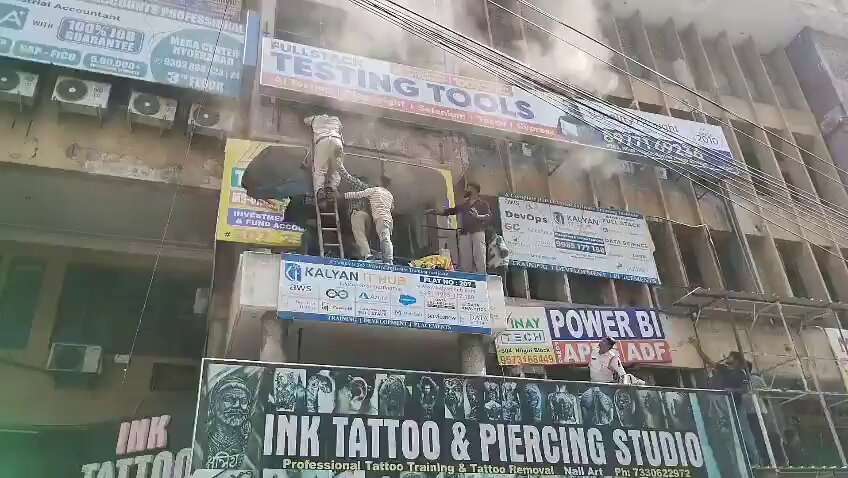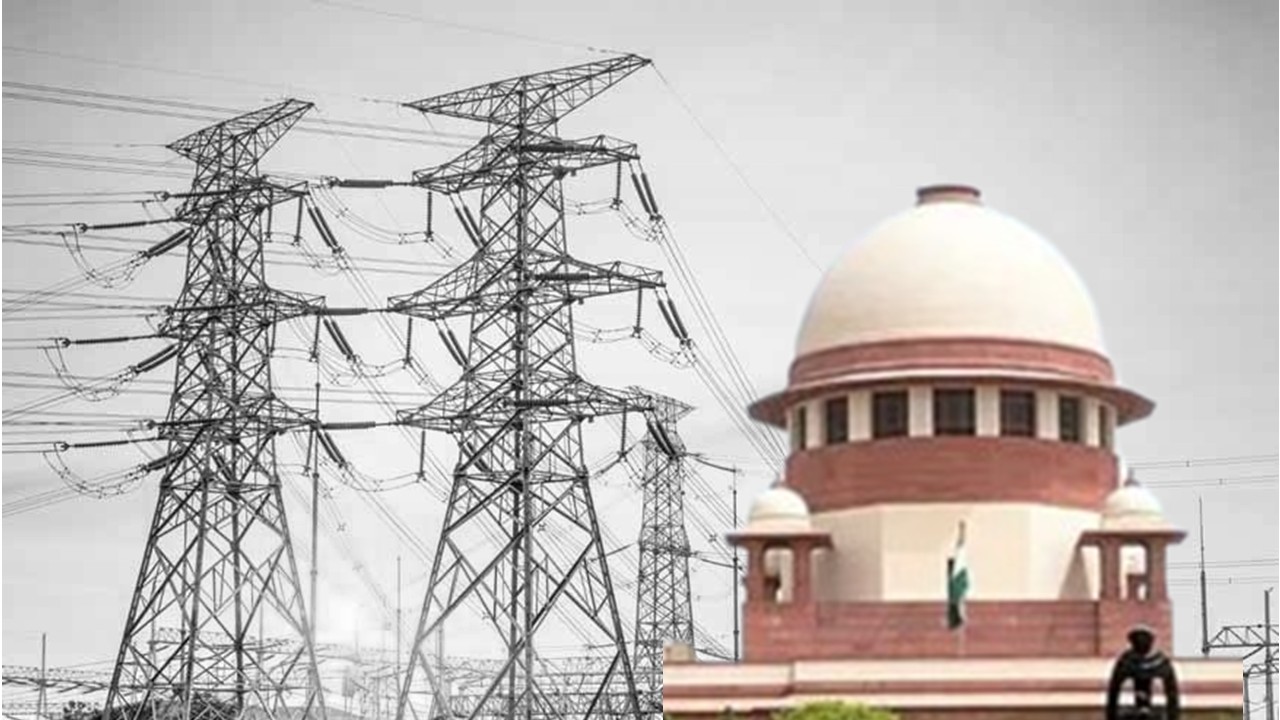*Fifteen Minutes of Air* The night before, the home was bright and noisy in the old way. Plates touched plates, slippers whispered down the corridor, stories overlapped. She sat at the center, small, upright, steady as a lamp. Someone mentioned a light fever. Someone else blamed the weather. She smiled, sipped water, and said the ordinary promise: “Tomorrow will be fine.” Morning pressed a square of sunlight onto the floor. At nine, her name was tried like a key. No turn. She was breathing, thin, but certain, so the house bargained: one more hour and things will reset. At ten-thirty, gentle shaking, soft calls, still no answer. The quietness changed the weather. Corridors, cool air, and images that do not lie followed. A clot had struck the small guardian at the back of the brain, the keeper of balance and breath. There was a powerful injection that sometimes pulls people back, but that window had shut. Surgery stood on the far edge of hope, a door that opens into fog. A machine took over the work of breathing. The day’s light thinned; *waiting began.* This family knew waiting. It knew the arithmetic of loss. She had seven children, six sons and one daughter, and a husband whose leaving, a few years ago, was almost a blessing to witness. Ninety by the calendar, but light on his feet, bright in the eyes, he slipped away without pain, like a well-loved song finishing its last note. For a while, the house believed farewells could be kind. Then came the hard seasons. Three sons gone between the ages when men still make plans and buy new shoes. The second-born son carried a long illness, in the end, a bed that wasn't his own kept his last hours. The third, sharp mind, quick to help, the one who solved other people's storms-fell to a sudden heart attack, leaving children looking toward a doorway that would stay empty. The fourth was taken in the masked months when oxygen turned into currency. With rooms everywhere already full, home became the ward. Cylinders lined the hallway like sentries. Each day, more money than yesterday. Breath bought on installments. Calls were made, favors asked, extra notes slipped under counters because life hung on the hiss of a valve. Many stood back in fear, and with reason. Still, the family did not disappear. Some watched from doorways, kept phones alive, ran for parts and papers, guarded the little ones, and kept the house breathing. Grandsons and granddaughters carried meals up and down the stairs, took turns at night on the phone, whispered prayers that did not need translation. And one of them, the second eldest grandson, the first son’s boy, stayed in the room. He learned the hiss and click of regulators the way other boys learn chords. He changed heavy cylinders at midnight and dawn. He counted drops, kept notes, refused to look away. She herself caught the virus then. Fever, cough, a slow sinking. The same grandson heard of a far corner where a certain medicine was helping. He went alone, brought it back, and she rose again, coughing the sea from her lungs. The kindest of her sons fought to the last and could not be kept. But she was handed back to the house for a while, and everyone breathed like swimmers breaking the surface. This week was a return to vigil. The second eldest grandson was there every day, chair pulled close, breath set to the pace of hers. He moistened her lips, spoke softly, watched the climbing and folding numbers, and learned their moods. He pressed call buttons with manners and patience. His father, the firstborn, stood where duty stands: answering calls, signing forms, paying every bill. He kept the road open so care could keep moving. No speech, no complaint. If love wore two faces that week, one sat by a bed and one stood at a counter. Together, they were a single courage. And the rest did not vanish into the background. The daughter kept the house ready, the lamp lit, the sheets warm, the door soft on its hinges. The remaining sons kept the circle tight, checking, calling, steadying shoulders, holding the line of decisions so no one had to stand alone with them. Other grandsons arranged rides, brought chargers and clothes, swapped shifts, and carried news like careful water. Granddaughters wrote messages that landed like small pillows under a heavy day, wrapped food that tasted like memory, and filled the silences with prayer. Each person gave what they honestly had, time, presence, quiet strength, and together those threads held. Hours slid by like slow rain. More images. Less promise. A second opinion, a third: the same plot in different handwriting. Yes, a blade-thin chance existed, but no one would pretend certainty. The window for the miracle injection had closed. The small keeper at the back of the head had been hurt too deeply. Machines could push air, but they could not return her to herself. Costs rose like water in a courtyard. She was moved once, then again, chasing that mix of hope and arithmetic every family learns. “It isn’t only the money,” someone said, and of course it wasn’t; but numbers have a gravity that pulls the day around them. Another image; worse than the last. A senior voice spoke without wasting anyone’s courage: the door exists, but it offers no promise. Other voices were asked to argue. They did not. What looked like a decision arrived like recognition. The story had already been written inside her skull; all that remained was to choose the right road to the end of the sentence. Home, then. If machines could only lengthen the hallway between two closed doors, let the hallway be shorter and familiar. The ambulance was a small world on wheels. There was a hand pump, a rubber bulb that breathes for a person when a machine is not there. Squeeze, release. Squeeze, release. The youngest son already knew that rhythm from the Covid days. His hands found it again. He kept the air moving, calm and steady. Outside the window, the city made its usual noise. Inside, the only sound that mattered was the quiet push of air. Home met her with open palms: the calendar still on last month, the paint rubbed thin where shoulders had brushed for years, the ceiling fan clicking its patient metronome. The room smelled of soap and starch and curtains that had waited. She was set down in her own bed. The eldest son took the old chair. The grandson leaned on the doorframe, the last form signed, the last bill paid. Others filled the doorway and the yard, kept the kettle going, hushed the younger ones, and let the room stay quiet. Breathing, when you notice it, is work. Her lips made small shapes; her chest rose and fell with the careful rhythm of someone choosing, again and again, to go on. The house listened, A bird outside announced the calling. Fifteen minutes. A long, respectful silence that felt like the world holding its breath with her. The last breath did not declare itself. It came like the others and simply did not return. Stillness took the seat that breath had kept warm. Habit kept everyone waiting for a moment; then knowing arrived, simple and complete. Some will call this surrender. It is not. The leaving began when the clot blocked that hidden road. No one opened the door for death; it carried its own key. Keeping the machine would have made the hallway longer and the ledger heavier; it would not have brought her back to the chair in the corner or the voice that could tease a child. Bringing her home did not push her from an edge; it carried her to the window she loved and let her rest. That is not giving up. That is love changing shape. After, the house learned a new geometry. She was everywhere and nowhere: in the cup drying on its side, in the shawl asleep on the chair, in the cool stripe of hallway air that felt saved for her. People came and went with kind hands and tired eyes. Guilt tried its old tricks; it rose like heat and spoke without question marks: we could have done more, we could have chosen the knife, we could have bought one more day. Truth sat down like a polite guest and folded its hands: the leaving had already started, and what you chose was mercy. There is a line, fine and real, between fighting for life and forcing it. On one side, bright lights, hard choices, numbers that climb. On the other, a different kind of courage, quieter, truthful, kind. It says: we will not abandon you to pain; we will not pretend what cannot be fixed; we will sit beside you, count with you, bring you home when it is time. When the story is told years from now, this is what will remain: a last good evening full of voices; a morning that turned the air heavy; images that did not lie; a week of steadfastness; a hand squeezing a rubber bulb in rhythm; a bed by a window; a gentle ending. A boy who once chased down medicine to save a life and later held his ground to honor another. A father who made the road smooth with signatures and payments so love could walk without stumbling. A daughter who kept the house warm. Brothers who stood shoulder to shoulder. Grandsons and granddaughters who carried small, necessary things and laid them down exactly where they were needed. A family that did not look away. If words must be carried forward, let them be plain and strong: Be there. Pay what you can. Don’t make a parade out of love. Keep the chair close. Hold the hand. Tell the truth. Choose peace when peace is the kindest choice. *Bring them home.* ~The Silent Pen





